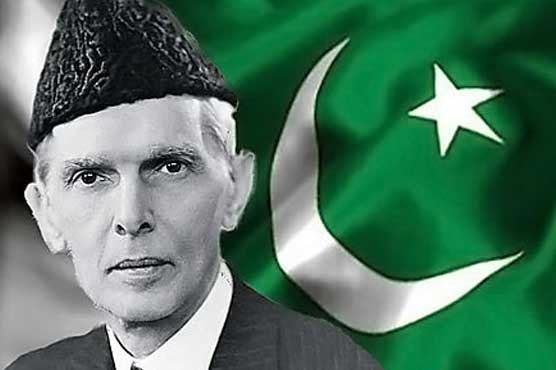Quaid-e-Azam: The Founder of Pakistan
Quaid-e-Azam Muhammad Ali Jinnah, often referred to simply as "Quaid-e-Azam" (Great Leader), is the founding father of Pakistan. His leadership, vision, and unwavering commitment to the cause of a separate homeland for Muslims in the Indian subcontinent have left an indelible mark on the history of the region. Let’s explore the life, achievements, and legacy of this remarkable leader.
Early Life and Education
- Birth and Family: Muhammad Ali Jinnah was born on December 25, 1876, in Karachi, then part of British India. He was the eldest of seven children in a merchant family.
- Education: Jinnah received his early education in Karachi and Bombay (now Mumbai). At the age of 16, he traveled to London to study law at Lincoln's Inn, becoming one of the youngest Indians to be called to the bar in England.
Political Career
- Entry into Politics: Jinnah began his political career with the Indian National Congress in 1906, advocating for Hindu-Muslim unity and self-governance. However, over time, he grew disillusioned with the Congress party's policies.
- Muslim League: In 1913, Jinnah joined the All India Muslim League, which sought to protect the rights and interests of Muslims in India. He became a prominent leader within the League, pushing for greater political representation for Muslims.
The Quest for Pakistan
- Two-Nation Theory: Jinnah's vision for a separate Muslim state was based on the Two-Nation Theory, which posited that Muslims and Hindus were distinct nations with their own customs, religion, and traditions, and therefore, Muslims should have their own state.
- Negotiations and Leadership: Jinnah's leadership during the negotiations with the British and the Congress was marked by his strategic acumen and steadfast resolve. Despite facing numerous challenges and opposition, he remained committed to the idea of Pakistan.
- Formation of Pakistan: On August 14, 1947, Pakistan emerged as an independent nation, thanks in large part to Jinnah's tireless efforts. He became the country's first Governor-General and worked to lay the foundations of the newly formed state.
Legacy and Impact
- Father of the Nation: Quaid-e-Azam is revered as the Father of the Nation in Pakistan. His birthday, December 25, is celebrated as a national holiday in Pakistan.
- Vision for Pakistan: Jinnah envisioned Pakistan as a democratic, inclusive, and progressive state where all citizens, regardless of their religion or ethnicity, would have equal rights. His speeches and writings continue to inspire generations.
- Institutions and Policies: During his brief tenure as Governor-General, Jinnah focused on establishing key institutions and policies to stabilize the nascent state. His emphasis on unity, faith, and discipline remains a guiding principle for Pakistan.
Personal Attributes
- Integrity and Determination: Jinnah was known for his integrity, professionalism, and determination. His commitment to the cause of Pakistan was unwavering, and he worked tirelessly despite suffering from poor health in his later years.
- Legal Acumen: As a barrister, Jinnah's legal expertise and eloquence were instrumental in articulating the demands of the Muslim League and negotiating with the British.
Conclusion
Quaid-e-Azam Muhammad Ali Jinnah's contributions to the creation of Pakistan and his vision for the country's future have left an enduring legacy. His leadership, characterized by resilience, wisdom, and a profound sense of justice, continues to inspire Pakistanis and people around the world. As the nation progresses, Jinnah's ideals and principles remain a cornerstone of its identity and aspirations.


